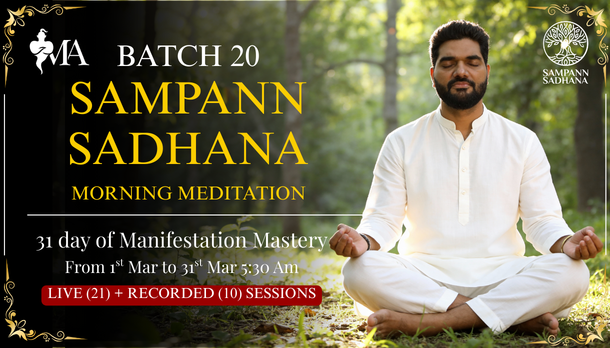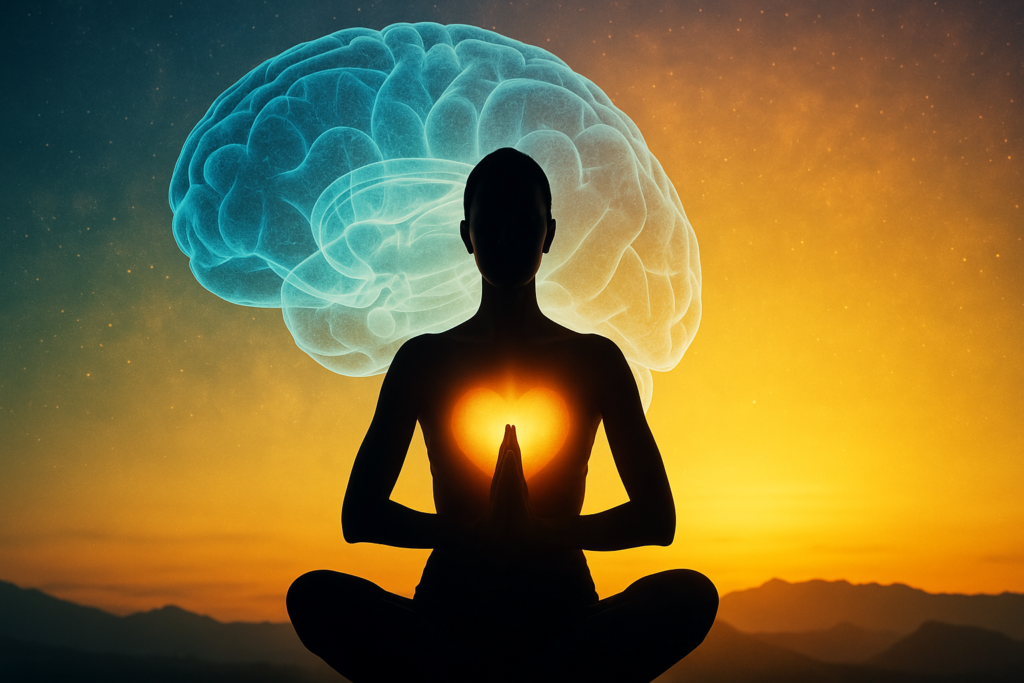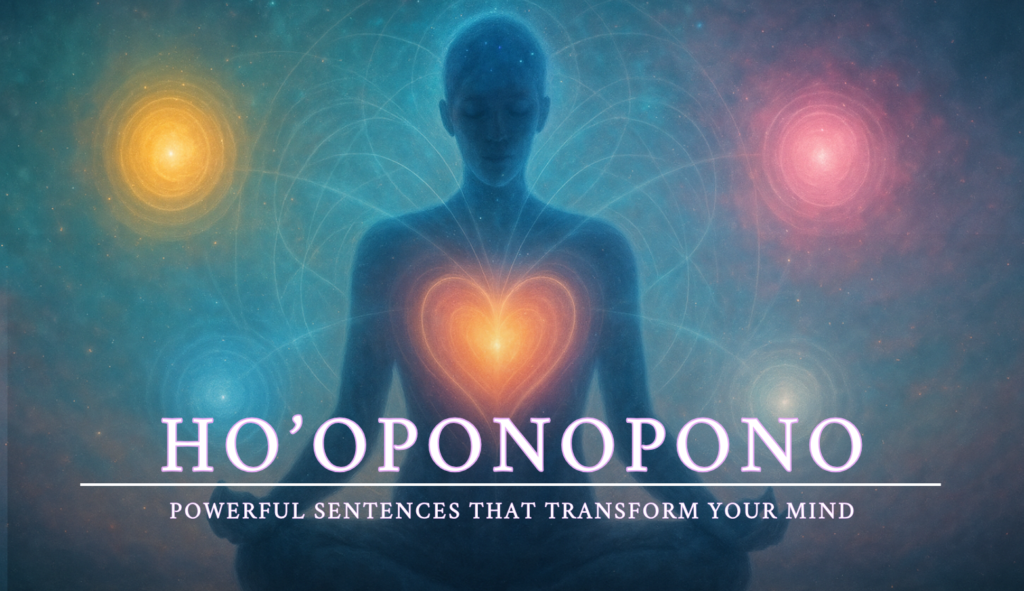Can the simple act of gratitude transform your health? In India, where ancient traditions like Ayurveda emphasize the mind-body connection, modern science now supports what sages have long known: emotions shape physical well-being. Gratitude, the practice of appreciating life’s blessings, is gaining attention for its ability to reduce stress, boost immunity, and promote healing. From bustling cities like Mumbai to serene villages in Kerala, Indians are rediscovering gratitude as a tool for wellness. This blog explores how gratitude can heal the body, weaving in real-life stories from India and practical ways to incorporate it into daily life. Whether you’re navigating urban stress or seeking inner peace, gratitude offers a path to better health rooted in both science and Indian ethos.
The Mind-Body Connection in Indian Tradition
In India, the mind-body connection is deeply rooted in traditions like Yoga and Ayurveda, which view mental and physical health as inseparable. Gratitude, or *kritagyata*, aligns with these philosophies by fostering positive emotions that influence bodily functions. Scientific studies, like a 2017 University of California study, show gratitude reduces stress hormones like cortisol, promoting balance in the body’s systems. In India, where stress from urban life or economic pressures is common, gratitude can be a powerful antidote.
Take Priya, a 40-year-old teacher from Delhi, who faced anxiety after losing her job. Inspired by her grandmother’s habit of giving thanks during puja, Priya began noting daily blessings. Within weeks, her stress levels dropped, and she reported better sleep and energy. Gratitude activates the parasympathetic nervous system, calming the body and supporting healing, a concept echoed in Indian wisdom that positivity nurtures health.
Gratitude Reduces Stress in Urban India
Urban India, from Bengaluru’s tech hubs to Kolkata’s crowded streets, is a hotspot for stress-related ailments like hypertension and insomnia. Gratitude can counter this by lowering cortisol levels, as shown in a 2015 *Spirituality in Clinical Practice* study. By focusing on positive aspects, gratitude shifts the mind from worry to calm, reducing inflammation linked to chronic diseases.
Consider Anil, a 45-year-old IT professional from Hyderabad, who struggled with work-related stress. After reading about gratitude, he started reflecting on small joys: like his morning chai with his wife or a colleague’s support. Over months, his blood pressure stabilized, and he felt less overwhelmed. In India, where community and family ties are strong, gratitude for these connections can be especially powerful, helping urban dwellers find peace amidst chaos.
Boosting Immunity with Gratitude in Rural India
In rural India, where access to healthcare can be limited, strengthening immunity is vital. Gratitude enhances immune function by promoting positive emotions, as found in a 2016 University of California, Davis study, which noted higher immunoglobulin A levels in grateful individuals. This is particularly relevant in villages where seasonal illnesses are common.
Sunita, a 32-year-old farmer from a village in Uttar Pradesh, faced frequent colds. Inspired by a local NGO’s wellness workshop, she began expressing gratitude for her harvests and family. Over time, she noticed fewer illnesses and more resilience. In rural settings, gratitude can be woven into daily rituals: like thanking the land during sowing or sharing stories of appreciation around a fire making it a culturally resonant practice for boosting health.
Gratitude and Heart Health in Indian Families
Heart disease is a growing concern in India, with lifestyle factors driving its rise. Gratitude can support cardiovascular health by improving heart rate variability and lowering blood pressure, per a 2016 *Psychosomatic Medicine* study. In Indian families, where emotional bonds are central, gratitude strengthens these ties, reducing stress and benefiting the heart.
Ramesh, a 50-year-old shopkeeper from Chennai, had high blood pressure and a family history of heart issues. After attending a community yoga session emphasizing gratitude, he began thanking his children and customers daily. His blood pressure improved, and he felt more connected. In India, expressing gratitude during family meals or festivals like Diwali can foster emotional warmth, directly supporting heart health.
Practical Gratitude Practices for Indian Lifestyles
Gratitude is easy to integrate into Indian daily life, blending seamlessly with cultural practices. Here are three practical ways to start:
1. Morning Gratitude Ritual: Begin your day with a short prayer or reflection, thanking deities, family, or nature. For example, offer thanks during your morning puja for health and loved ones. Studies show this sets a positive tone, reducing stress.
2. Gratitude Journaling: Write three things you’re grateful for daily, like a neighbor’s kindness or a monsoon rain. Use a notebook or apps like Evernote. Anil from Hyderabad found this reduced his anxiety significantly.
3. Community Gratitude: Share appreciation during family gatherings or festivals. For instance, during Raksha Bandhan, express thanks for sibling bonds. This strengthens relationships and boosts well-being.
Meena, a 38-year-old homemaker from Jaipur, started a gratitude jar during Diwali, where her family wrote daily thanks. She noticed less tension at home and better sleep. Try these practices to weave gratitude into your Indian lifestyle for lasting health benefits.
Gratitude for Better Sleep in Indian Homes
Sleep disorders are rising in India, fueled by stress and digital overload. Gratitude can improve sleep quality by calming the mind, as shown in a 2020 *Journal of Psychosomatic Research* study. In Indian homes, where bedtime rituals like storytelling or prayer are common, gratitude fits naturally.
Lakshmi, a 35-year-old mother from Mumbai, struggled with insomnia due to parenting stress. She began a bedtime routine of listing three things she was grateful for like her son’s laughter or a quiet evening. Within weeks, she slept better and felt more energized. In India, combining gratitude with practices like chanting *shlokas* or reflecting on the day’s blessings can create a restful mindset, supporting physical recovery and mental clarity.
Conclusion: Gratitude as a Healing Force in India
Gratitude is more than a feel-good practice it’s a scientifically backed way to heal the body through the mind-body connection. In India, where traditions like Yoga and community bonding already emphasize emotional well-being, gratitude amplifies these benefits. Stories like Priya’s reduced anxiety, Anil’s lower blood pressure, and Sunita’s stronger immunity show how gratitude transforms lives across urban and rural India. By embracing simple practices like journaling or festival-time appreciation, anyone can tap into this healing power. Start today: reflect on one thing you’re thankful for, whether it’s a monsoon breeze or a family meal. Share your gratitude journey in the comments, or try our suggested practices and let us know how they impact your health!
Table of Contents




